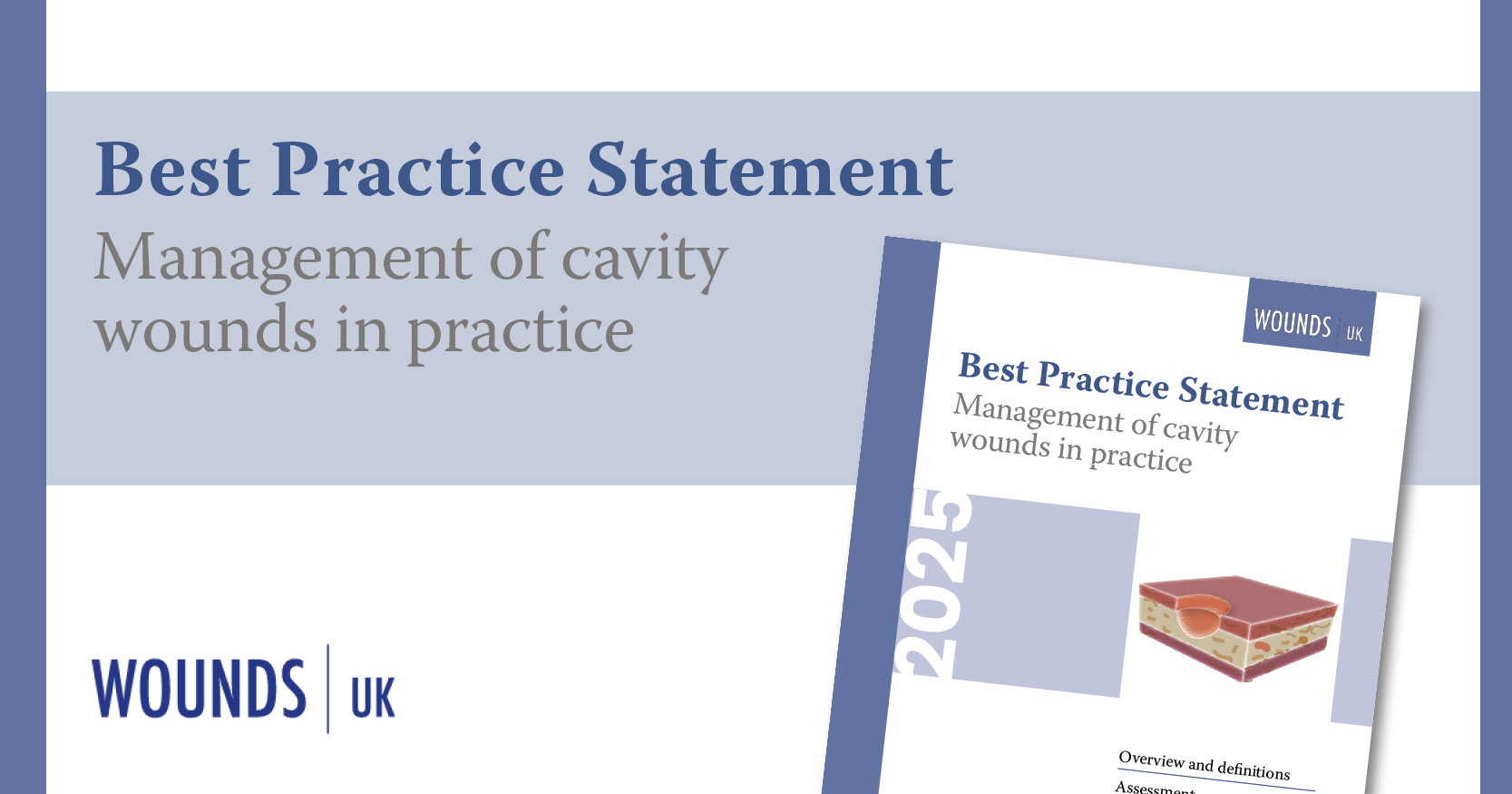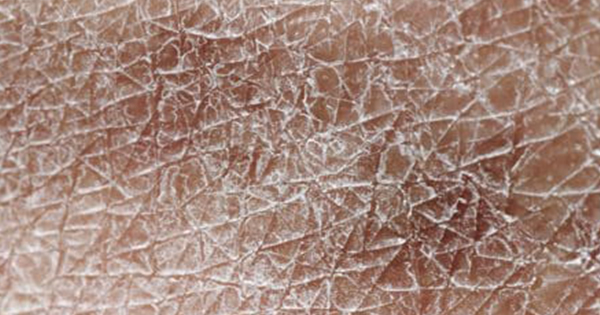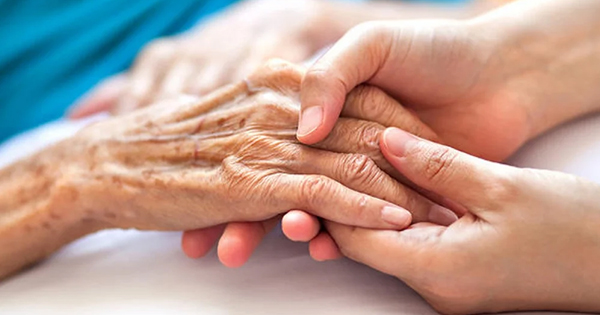Aims: A multinational e-survey was conducted to establish the understanding and clinical practices of treating ‘hard-to-heal’ ulcers.
Methods: 1249 fully completed responses were included in the analysis. The majority of respondents were nurses (n=1037; 83%), most of whom had experience in chronic wound management (over 72% had over five years’ experience). Most (n=986; 79%) regularly treated hard-to-heal ulcers and regarded them as a significant part of their caseload. Prognostic indicators volunteered for hard-to-heal wounds were: wound size, duration, presence of necrotic tissue, infection, exudate level, and response to treatment.
Results: Most practitioners (n=986; 79%) monitored healing weekly and the majority of these (n=937; 95%) felt it possible to predict refractory ulcers, although many respondents (n=641; 65%) reported that they did not have validated tools to assess these ulcers. Early detection was recognised as important in avoiding chronicity. Historical healing time data were obtained for venous leg ulcers and diabetic foot ulcers, as were treatments used.
Conclusions: The proportion of ulcers (30%) failing to heal with current ‘standard care’ highlighted the need for assessment tools, practitioner education, and access to modern treatments if this figure is to be reduced.
Conflict of interest: This study was supported by a research grant from Mölnlycke Health Care.






